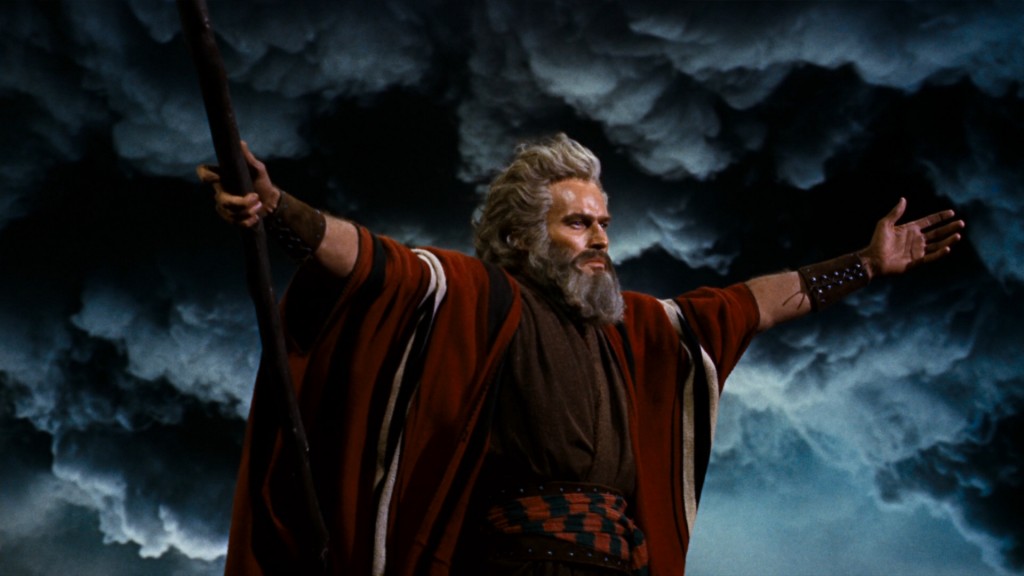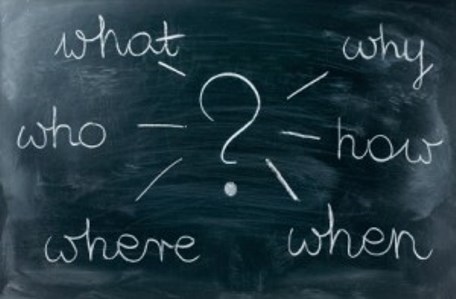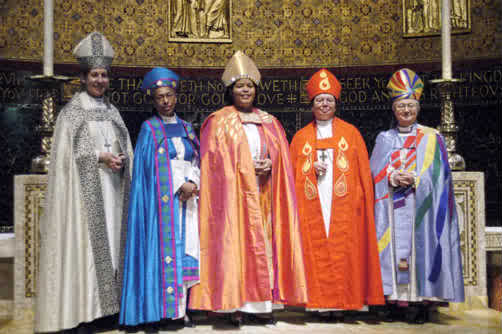Published by ConservativeHome
 In an increasingly unbelieving world of humanism and secularisation, not to mention the jarring dissonance of a sharia-compliant caliphate and all the fuss over women bishops, religion has become a turn-off. God is bothersome: atheism rules the new enlightenment and Dawkins reigns supreme. Mention the Bible or Church, and eyes glaze over. But say “biblical epic”, and something numinous energises the spirit. You might not believe in the irruption of God into the affairs of man, but you will surely be drawn and compelled to all that is theatrically holy. Even Professor Dawkins might admit to being mystically gladdened by the ancient legends of transcendence and omnipotence. Continue reading
In an increasingly unbelieving world of humanism and secularisation, not to mention the jarring dissonance of a sharia-compliant caliphate and all the fuss over women bishops, religion has become a turn-off. God is bothersome: atheism rules the new enlightenment and Dawkins reigns supreme. Mention the Bible or Church, and eyes glaze over. But say “biblical epic”, and something numinous energises the spirit. You might not believe in the irruption of God into the affairs of man, but you will surely be drawn and compelled to all that is theatrically holy. Even Professor Dawkins might admit to being mystically gladdened by the ancient legends of transcendence and omnipotence. Continue reading


